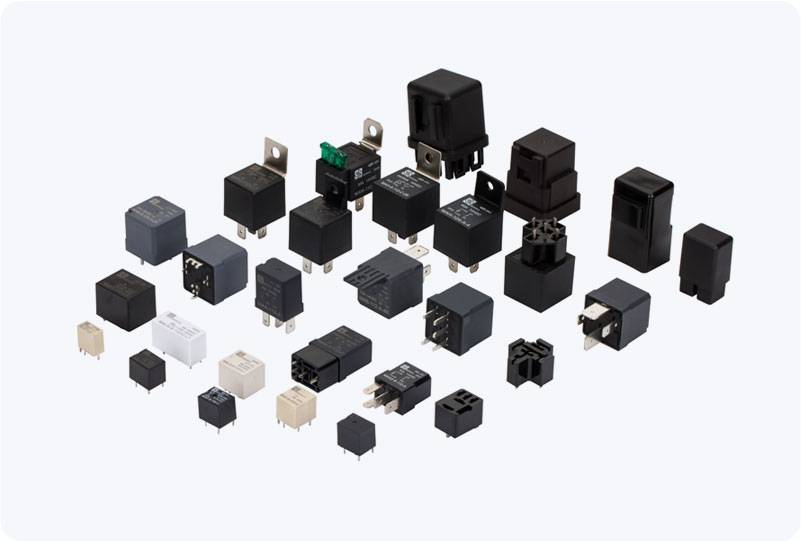The automotive industry is undergoing a significant transformation, and New Energy Vehicles (NEVs) are at the forefront of this revolution. As governments and consumers worldwide become more focused on sustainability and environmental responsibility, the demand for electric vehicles (EVs) and hybrid models continues to rise. One of the critical elements driving the success of NEVs is the SSR framework, which stands for Smart, Safe, and Reliable. This article explores the significance of SSR in the development of New Energy Vehicles and how it is shaping the future of the automotive industry.

The Role of Smart Technologies in NEVs The “Smart” aspect of SSR refers to the integration of advanced technologies that make vehicles more intelligent and user-friendly. For NEVs, this includes features such as autonomous driving, advanced driver assistance systems (ADAS), and seamless connectivity between the vehicle and its surroundings. These technologies not only improve the driving experience but also contribute to the overall efficiency of the vehicle. Autonomous driving is one of the most significant advancements in the smart vehicle category. With sensors, cameras, and AI-driven algorithms, NEVs are now capable of navigating roads with minimal human intervention. This reduces the likelihood of accidents caused by human error and promotes safer driving. Additionally, the connectivity between vehicles and infrastructure allows for real-time traffic updates, helping drivers make informed decisions on their routes and minimizing congestion.